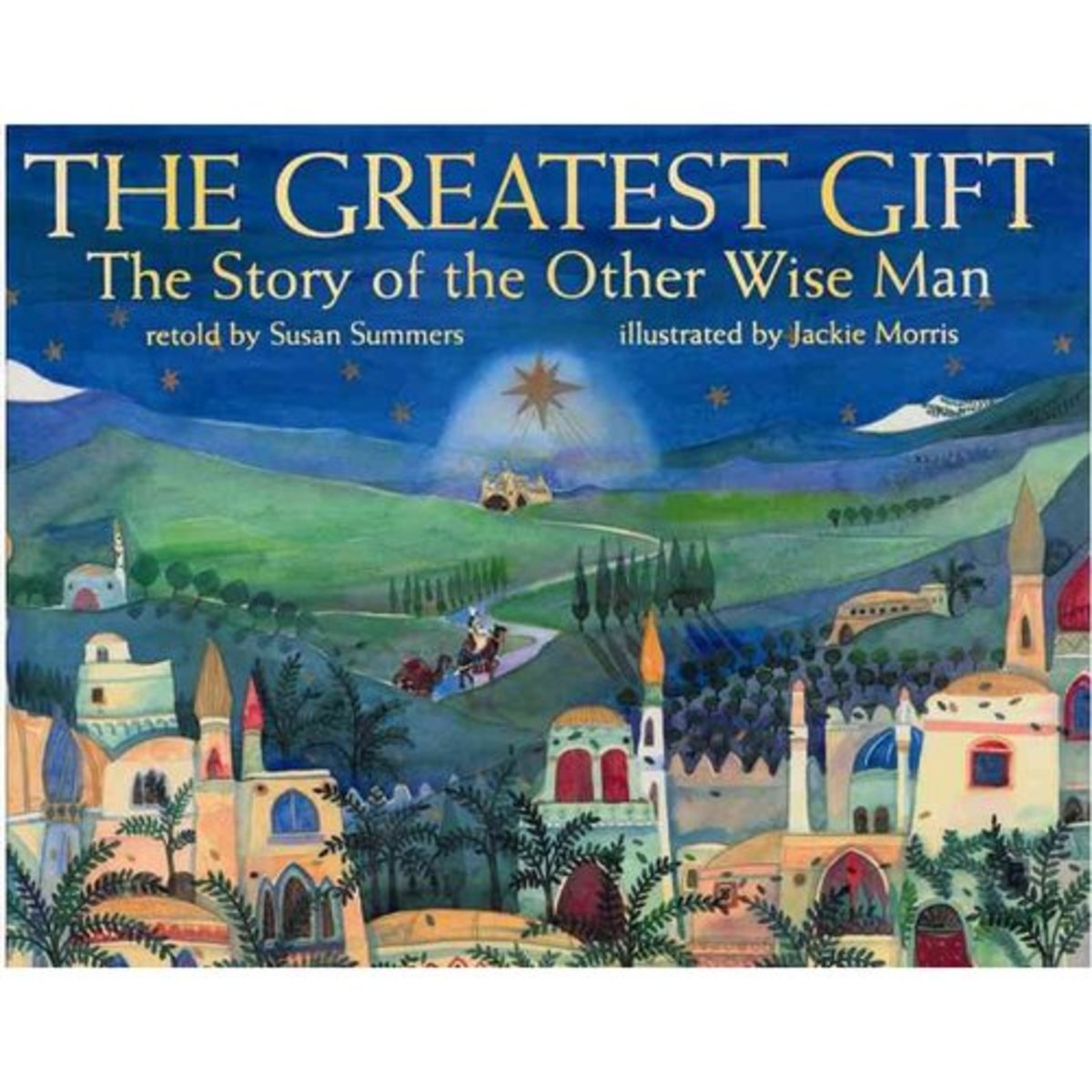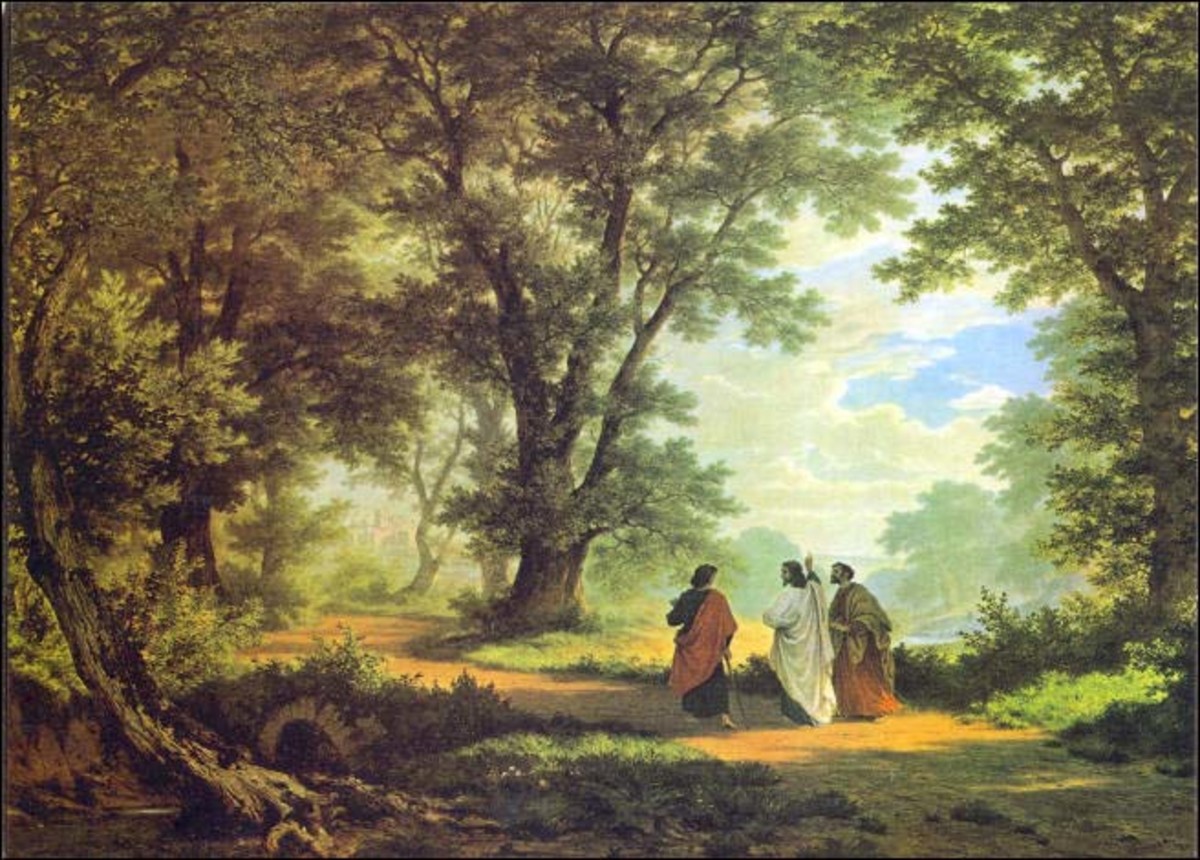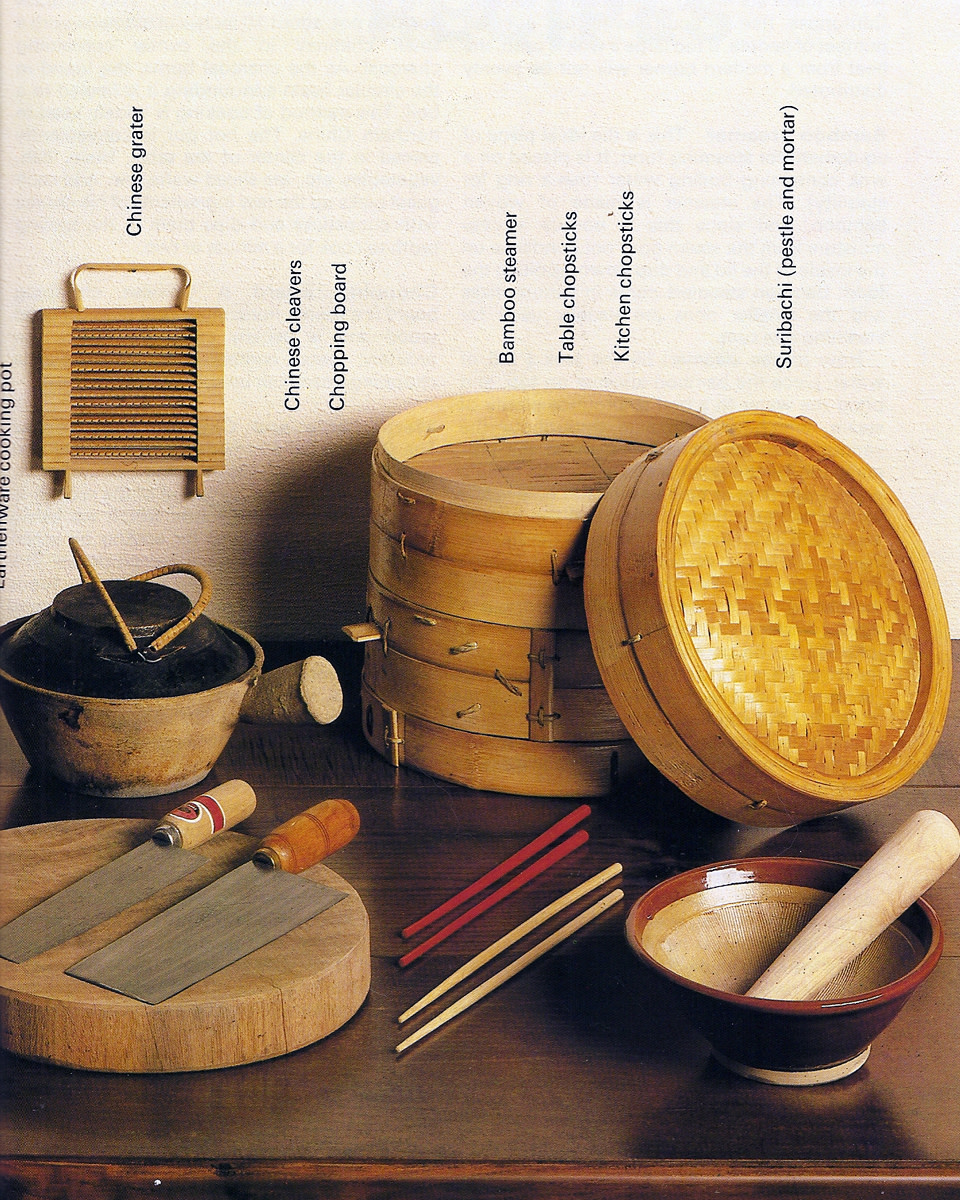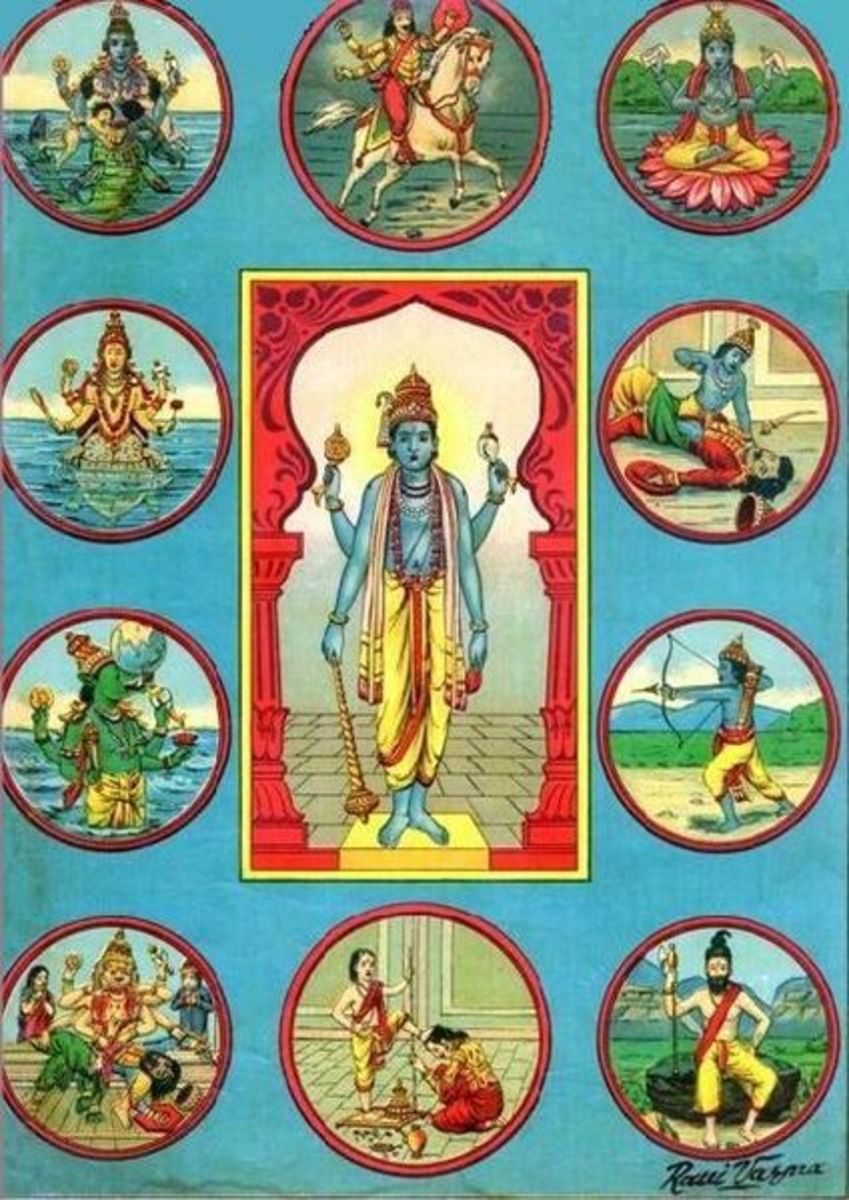The Path of the Perfect Man: What Are the Rules of Confucius?
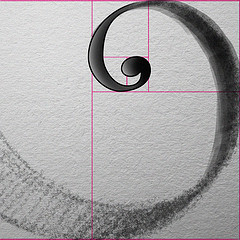
The rhythm of the Golden section
In some ancient sciences and practices there is the idea of the golden mid. Ancient Greeks discovered the so called Golden section. Many of ancient temples in Greece are based around the geometrical concept of the golden middle as the perfect expression of beauty and harmony. The same idea of harmony is present in the teachings that come from the East: yoga, feng shui teach about the harmonious coexistence of humans in the Universe and on the planet Earth. To be in good health, it is important, as we say, to be in harmony with yourself, to stick to the golden mid. All these ideas are related by the middle concept of balance.
So why balance is so important anyway? As the wise men would say, we do live in the world of changes, and we do need balance to feel comfortable and stable in this life. Be it in architecture, home planning, inner state or physical appearance. And the whole society needs this balance, in fact, so that it could change and evolute gradually, harmoniously.
On the social scale, the one who is absent in modern cultures is the wise person, the perfect point of the balance. The wise man, though, had a special role in an ancient society in China. So if you want to learn more about what his role was all about, keep on reading...
Golden mid or the state of the wise person
It is the wise man who brings the impulse to the life of society - such is the initial thesis of the Chinese culture. Realizing himself the part of the universal being, the wise man leans on the eternal cosmic laws and creates life, without disturbing the world’s continuum. In Chinese tradition the vocation of a universal personality lies in its potential gift of interacting with the Sky and the Earth, with the Nature, that is. The wise man repeats the natural order, guards things, loves the living things, thus the superior problem of the Chinese culture is resolved.
The wise man is integrated harmoniously in the living cosmic organism, playing the role of a macro-cosmic weaver. For him the inner world and the surrounding world are two sides of the same tissue where the threads of all the events, forms of consciousness, including his own, are weaved into the eternity of the interlaced relationships.
However, one can only be in accord with the Universe by stepping on the path of self-perfection, by developing skills to get in touch with the Sky and by influencing all the things that are materialized in five elements: earth, metal, water, fire, wood. In this interaction with the nature five personal aspects should be developed: appearance, speech, eyesight, hearing, thinking, which finally brings to the harmonious relationship with nature and other people.

The wise man, the expression itself of perfection, appeared to the society in the best way, with the speech, that conquered people, a sharp eye, subtle sens of hearing, shrewd thinking. This way, he tuned the moral norms. In Chinese tradition they were five aspects of serving the Sky and the people. These five aspects are: humanism, duty-fairness, ritual, trust, knowledge-reason, which in their turn correspond to the five basic elements. The violation of harmony of the two world basics (the Sky and the Earth) on the personal or social level is reflected on the cosmic scale. Initiated to the mystery of communication between the nature and the man, the wise man is responsible for keeping the society in harmony and overcoming chaos.
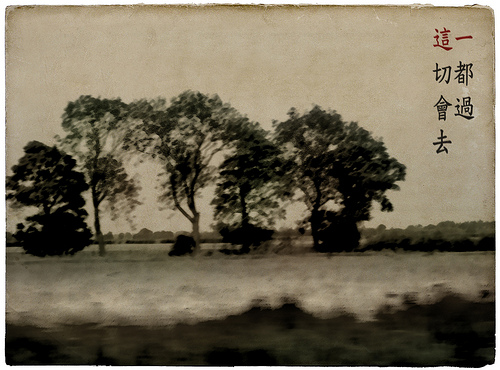
The wise man uses the ritual as the external means to bring the society to the harmonious state. For the perfect person, the ritual is the inner rule, the law of life and the means of transforming and perfecting the society and the cosmos.
The perfection of the ideal personality is conditioned by its adherence to the golden middle - the highest principle of the ancient, lost by people long ago. Following the sens of measure as the law of life and the cosmic principle, the wise man can teach others to fulfil their desires properly. The wise man can see, hear and taste cosmic vibrations, all that is not materialized and inaccessible to the others. Without breaking the measure, he translates the state of mildness to the harmony.
Consent with the Sky principle, observing measure as the voluntary limit are inborn for the wise man and do not violate his nature. Things are different for the common people. Their consciousness can only be adhered to the middle and harmony by the means of a ritual. For the perfect man the ritual is a means to step on the path of the ancient. The culture is a sort of ritual garment of the perfect personality, which is in tune with his inner principle.

Remembering the life of Confucius
The path of the perfect man - and that of the Golden middle - was the life of one of the most famous ancient philosophers - Confucius. He described the steps of his spiritual path - the path of self-perfection in the following way:
“At the age of ten I aspired the five aspects of the teaching,
at the age of thirty I was affirmed,
at the age of forty I had no doubt,
at the age of fifty I learned the predestination of the Sky,
at sixty my ear became sensitive to the Sky,
at seventy I followed my heart’s desires without surpassing the limits .”
So what did he mean by saying these six phrases?
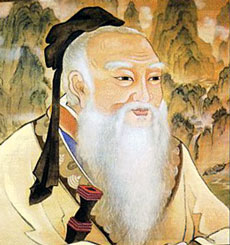
The first phrase is about the beginning of the soul’s inner work. Confucius aspired the teachings, the culture and all its fundamentals. These are the five aspects of the serving and the ritual. Erudition is the knowledge of the ritual. The first teacher of Confucius was his own mother who taught him the basics of culture and an ancient ritual of the ancestors. Later on he learned another ritual in the city of Loi, the so called chjou ritual that he stuck to during all his life.
Gradually, from someone who receives knowledge, Confucius transforms into someone who transmits knowledge. At the age of thirty Confucius had the school of his own and could teach with the help of the speech that corresponds to the concept of duty-fairness. Oral explanation of the received knowledge by itself gives joy (Joy is a special kind of wisdom).
At forty, Confucius had the appearance and manners that corresponded to the principles of humanism and kindness. His looks, indeed, was remarkable. Massive forehead, long ears, rolled-up eyes and a dent on the crown of the skull - all witnessed an extraordinary personality. Despite a certain obesity, he was gracious and well-mannered. His own music teacher admitted that Confucius had all the external characteristics of a wise man. The inner perfection makes a wise man invulnerable to all the worries and problems. When one of the students asked Confucius why he was so carefree, the wise man answered that he had nothing to worry about if there is no fault inside.
As his eyesight grew subtle, Confucius learned the teachings of the Sky. Thus his love of ancients helped him to learn from the Nature itself, by pure observation. Apparently, he could foresee the death of his students with the help of the Sky.
At sixty, he could hear the Sky. That was another stage of self-perfection that corresponded to pure knowledge.
At seventy, the wise man had the wisdom of heart, that is, he became perfect as far as the aspect of thinking is concerned.
To be on the same line with the Sky is like to be in contact with the Sky and Nature, to be marked by them, to get fixed in a special hierarchy of the ever-growing beings. Thus the Sky sort of accepted Confucius and gave him freedom in this process of the personal and spiritual growth.
If ancient wise men came on Earth to bring spirit to the substance, the mission of Confucius was to achieve the state of a wise person through a spiritual growth. Thus he showed the path for those able to become the part of the evolution and find themselves in the center of the world’s pattern by self-development and perfection.

Useful!
- A Chinese way to stay slim
In Chinese medecine food is considered as a remedy while obesity is viewed as an illness. The Chinese are still very strict about healthy eating habits formulated by Confucius about 2500 years ago.


